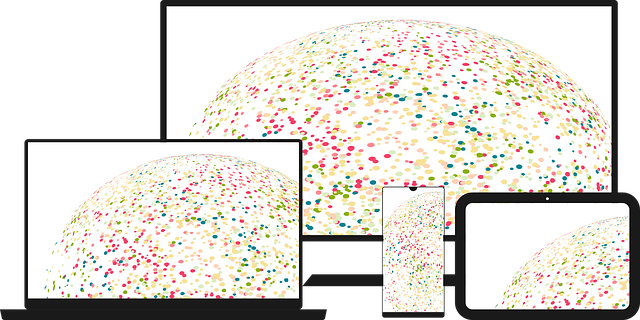In the competitive fine dining industry, Artificial Intelligence (AI) is revolutionizing operations through data-driven insights. Advanced algorithms analyze customer reviews and historical data to optimize menu planning, ingredient sourcing, and portion sizes, significantly reducing food waste. AI negative review suppression systems proactively address customer concerns, improving satisfaction rates and fostering loyalty. This strategic approach not only enhances operational efficiency but also minimizes costly menu changes and spoilage, making AI a powerful tool for culinary sustainability.
In the ever-evolving landscape of fine dining, Artificial Intelligence (AI) is emerging as a powerful tool to address a pressing issue: food waste. This article explores how AI can contribute to sustainable practices in high-end restaurants by understanding its role in reducing waste. We delve into the impact of AI negative review suppression systems and present strategies for establishments to minimize waste, ensuring both customer satisfaction and environmental responsibility. Discover innovative approaches to fine dining sustainability.
- Understanding AI's Role in Fine Dining Waste Reduction
- The Impact of Negative Review Suppression Systems on Food Waste
- Strategies for Implementing AI to Minimize Dining Establishment Waste
Understanding AI's Role in Fine Dining Waste Reduction

In the realm of fine dining, where precision and presentation are paramount, Artificial Intelligence (AI) is emerging as a powerful ally in the fight against food waste. By leveraging advanced algorithms, AI systems can analyze vast datasets to predict customer preferences, optimize menu planning, and streamline kitchen operations. This ensures that ingredients are sourced efficiently, portion sizes are tailored to demand, and dishes are prepared with minimal waste.
One notable application is in AI negative review suppression systems. These technologies scan online reviews to identify potential issues, allowing restaurants to proactively address problems before they lead to dissatisfied customers. By understanding customer feedback and trends, AI can help fine dining establishments make data-driven decisions to enhance their offerings, ultimately contributing to reduced food waste and improved customer satisfaction.
The Impact of Negative Review Suppression Systems on Food Waste

The rise of AI has brought about innovative solutions in various industries, and fine dining is no exception. One area where advanced technologies are making a significant impact is waste reduction, particularly through the implementation of AI negative review suppression systems. These systems aim to mitigate the effects of online reviews on food quality and presentation, which can often lead to unnecessary food waste. By analyzing customer feedback and identifying patterns, these AI tools help restaurants improve their standards and minimize spoilage caused by over-preparation or errors in execution.
When a restaurant receives negative reviews regarding meal presentation or taste, it might instinctively feel the need to adjust its recipes or cooking methods to appease critics. However, this approach can result in significant food waste as changes made to please reviewers may not align with customer preferences. AI suppression systems offer a more strategic solution by learning from past feedback and suggesting targeted improvements. This ensures that restaurants enhance their offerings while avoiding the costly and wasteful practice of overhauling their menus based on isolated reviews.
Strategies for Implementing AI to Minimize Dining Establishment Waste

Implementing AI in fine dining establishments offers a promising approach to minimize waste and enhance operational efficiency. One effective strategy is leveraging AI for inventory management. By analyzing historical sales data, purchase patterns, and ingredient lifespans, AI algorithms can predict demand with accuracy, reducing overstocking and minimizing food spoilage. For instance, AI can identify slow-moving or perishable items, enabling chefs to adjust menus accordingly.
Additionally, AI negative review suppression systems can play a crucial role in waste reduction by enhancing customer satisfaction. These systems analyze customer feedback, identifying common complaints or areas for improvement. By promptly addressing these issues, restaurants can maintain high standards, reduce the risk of negative reviews, and encourage repeat business. This, in turn, minimizes the waste associated with declining customer loyalty and potential financial losses.
Artificial Intelligence (AI) offers a promising solution to address the pressing issue of food waste in fine dining establishments. By leveraging advanced technologies, such as negative review suppression systems, restaurants can significantly reduce waste and enhance their operational efficiency. Understanding the role of AI in waste reduction and implementing strategic approaches can foster a more sustainable culinary experience. The insights presented here provide valuable guidance for the hospitality industry to embrace AI, minimize food waste, and create a positive impact on both customers and the environment.
